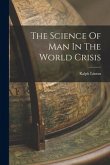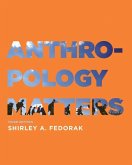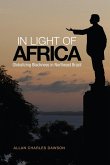This work has been selected by scholars as being culturally important, and is part of the knowledge base of civilization as we know it. This work is in the "public domain in the United States of America, and possibly other nations. Within the United States, you may freely copy and distribute this work, as no entity (individual or corporate) has a copyright on the body of the work. Scholars believe, and we concur, that this work is important enough to be preserved, reproduced, and made generally available to the public. We appreciate your support of the preservation process, and thank you for being an important part of keeping this knowledge alive and relevant.
"...for a college student to read the Bhagavad Gita in a Great Books class, for racism to be rejected as both morally bankrupt and self-evidently stupid, and for anyone, regardless of their gender expression, to claim workplaces and boardrooms as fully theirs-if all of these things are not innovations or aspirations but the regular, taken-for-granted way of organizing society, then we have the ideas championed by the Boas circle to thank for it." - Charles King, author of Gods of the Upper Air: How a Circle of Renegade Anthropologists Reinvented Race, Sex, and Gender in the Twentieth Century
"...the father of American cultural anthropology and the scholar who taught generations how to think about human diversity without hierarchy." - Kwame Anthony Appiah, The New York Review of Books
"...the father of American cultural anthropology and the scholar who taught generations how to think about human diversity without hierarchy." - Kwame Anthony Appiah, The New York Review of Books
"...for a college student to read the Bhagavad Gita in a Great Books class, for racism to be rejected as both morally bankrupt and self-evidently stupid, and for anyone, regardless of their gender expression, to claim workplaces and boardrooms as fully theirs-if all of these things are not innovations or aspirations but the regular, taken-for-granted way of organizing society, then we have the ideas championed by the Boas circle to thank for it." - Charles King, author of Gods of the Upper Air: How a Circle of Renegade Anthropologists Reinvented Race, Sex, and Gender in the Twentieth Century
"...the father of American cultural anthropology and the scholar who taught generations how to think about human diversity without hierarchy." - Kwame Anthony Appiah, The New York Review of Books
"...the father of American cultural anthropology and the scholar who taught generations how to think about human diversity without hierarchy." - Kwame Anthony Appiah, The New York Review of Books









